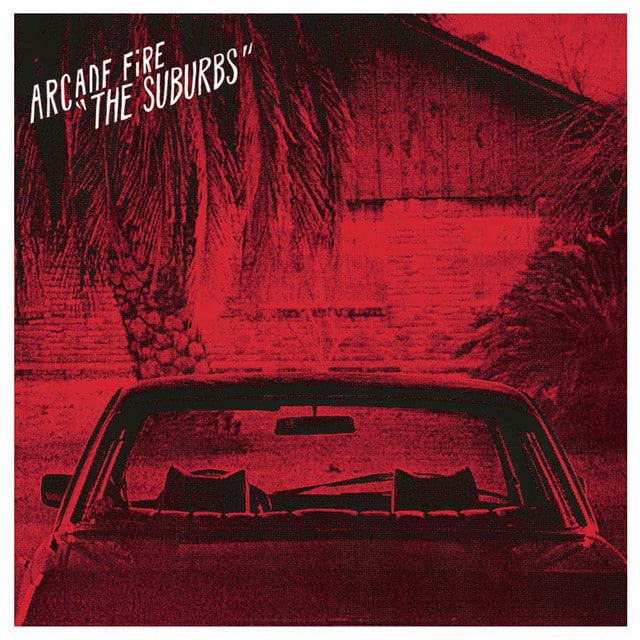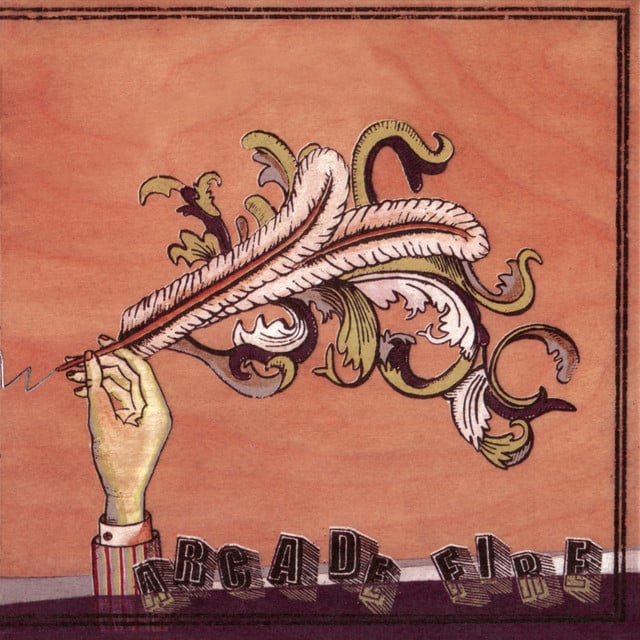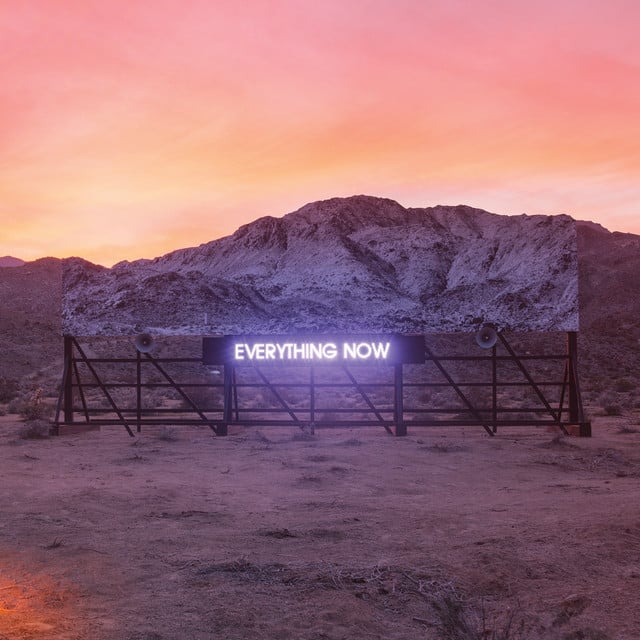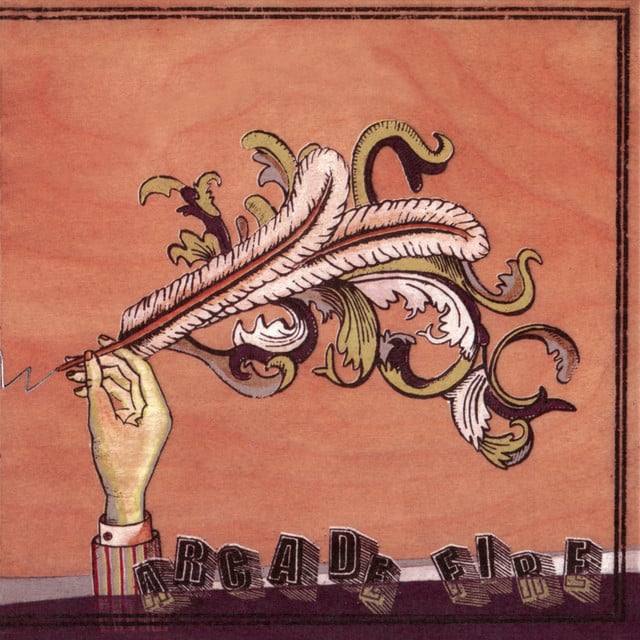Released: 2010
Ah, “The Suburbs” by Arcade Fire—a masterpiece that’s as haunting as it is illuminating, wrapped in a melancholy nostalgia that’s as much about the physical place as it is about the inevitable passage of time. This track, at its core, explores the disillusionment with suburban life and the loss of innocence, juxtaposed with a longing for a simpler, more authentic existence. Arcade Fire doesn’t just sing a song; they craft a poignant narrative that resonates deeply with anyone who’s ever felt trapped by the places that are supposed to feel like home.
The song kicks off with a remembered innocence: “In the suburbs, I, I learned to drive / And you told me we’d never survive / Grab your mother’s keys, we’re leaving.” It sets the scene in a suburban setting, where learning to drive—a rite of passage for many teenagers—symbolizes newfound freedom. Yet, there’s an immediate sense of foreboding, a premonition of failure (“we’d never survive”) that hints at the wider metaphor of trying to escape or outgrow the suburbs.
The narrative then delves into a sense of division and coming of age with “You always seemed so sure / That one day we’d be fighting / In a suburban war / Your part of town against mine.” Here, the lyrics touch on the internal and external conflicts that arise as one grows up—the personal confrontations and the societal divisions that become more apparent. This ‘suburban war’ metaphorically speaks to the disillusionment and ‘boredom’ with the suburban ideals of peaceful, harmonious living, which in reality, often conceal deeper tensions and dissatisfactions.
The chorus, “Sometimes I can’t believe it / I’m moving past the feeling,” echoes throughout the song, embodying the essence of moving on or growing up, despite a lingering disbelief or reluctance. It’s a poignant acknowledgment of change, of leaving behind the simplicity of youth for the complexities of adulthood.
In a later verse, the yearning for connection and legacy becomes apparent, “So can you understand / Why I want a daughter while I’m still young? / I want to hold her hand / And show her some beauty / Before this damage is done.” Here, there’s a recognition of the beauty that still exists amidst the disillusionment, and a desire to pass that appreciation on before it’s too late. It underscores a hope that despite the ‘damage’ inflicted by societal expectations and norms, the next generation might still find beauty in the world.
“Under the overpass / In the parking lot, we’re still waiting / It’s already passed / So move your feet from hot pavement / And into the grass.” These lines speak to the theme of transience and the importance of seizing the moment. The ‘overpass’ and ‘parking lot’ symbolize the in-between spaces of suburban environments—places that are meant to be passed through, not destinations in themselves. Yet, there’s a moment of realization that the time has ‘already passed,’ urging a movement away from the stagnation (‘hot pavement’) and towards something more natural and real (‘the grass’).
As the song closes with repetitions of “I’m moving past the feeling” and “In my dreams we’re still screaming,” there’s a sense of defiance and resilience. Even as the realities of adulthood and its compromises set in, there remains a part of the self that clings to the dreams and freedoms of youth (“we’re still screaming”). It’s a powerful reminder of the tensions between the idealized dreams we hold and the often starkly different realities we live out.
In sum, “The Suburbs” by Arcade Fire isn’t just another rock song; it’s a narrative epic that tackles the complexities of growing up, the disillusionment with suburban life, and the bittersweet process of moving past the feelings of youth. It’s a ballad of loss, hope, and the ceaseless search for something real amidst the prefab realities of modern life. Deep stuff, right? Arcade Fire manages to craft a track that’s both universally relatable and profoundly personal—a true rock anthem for the ages.








